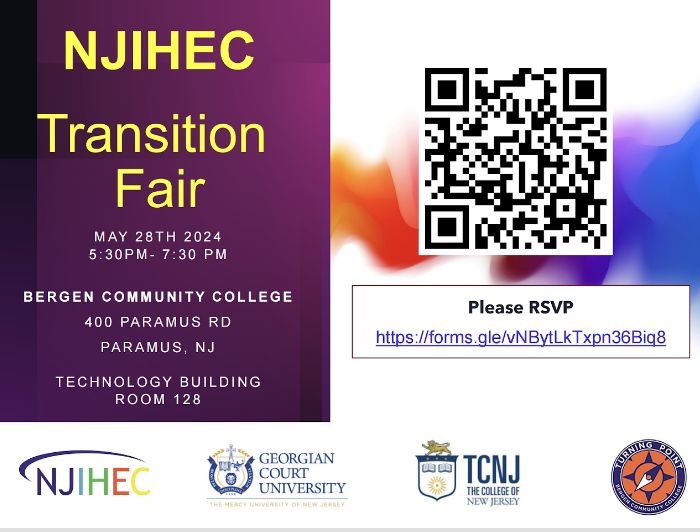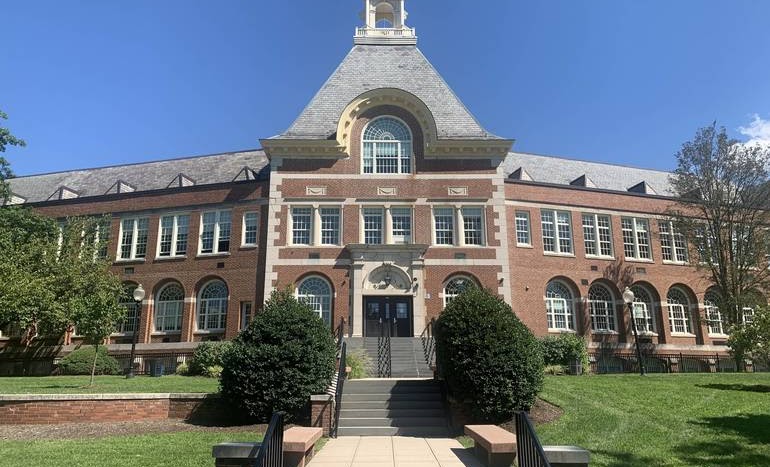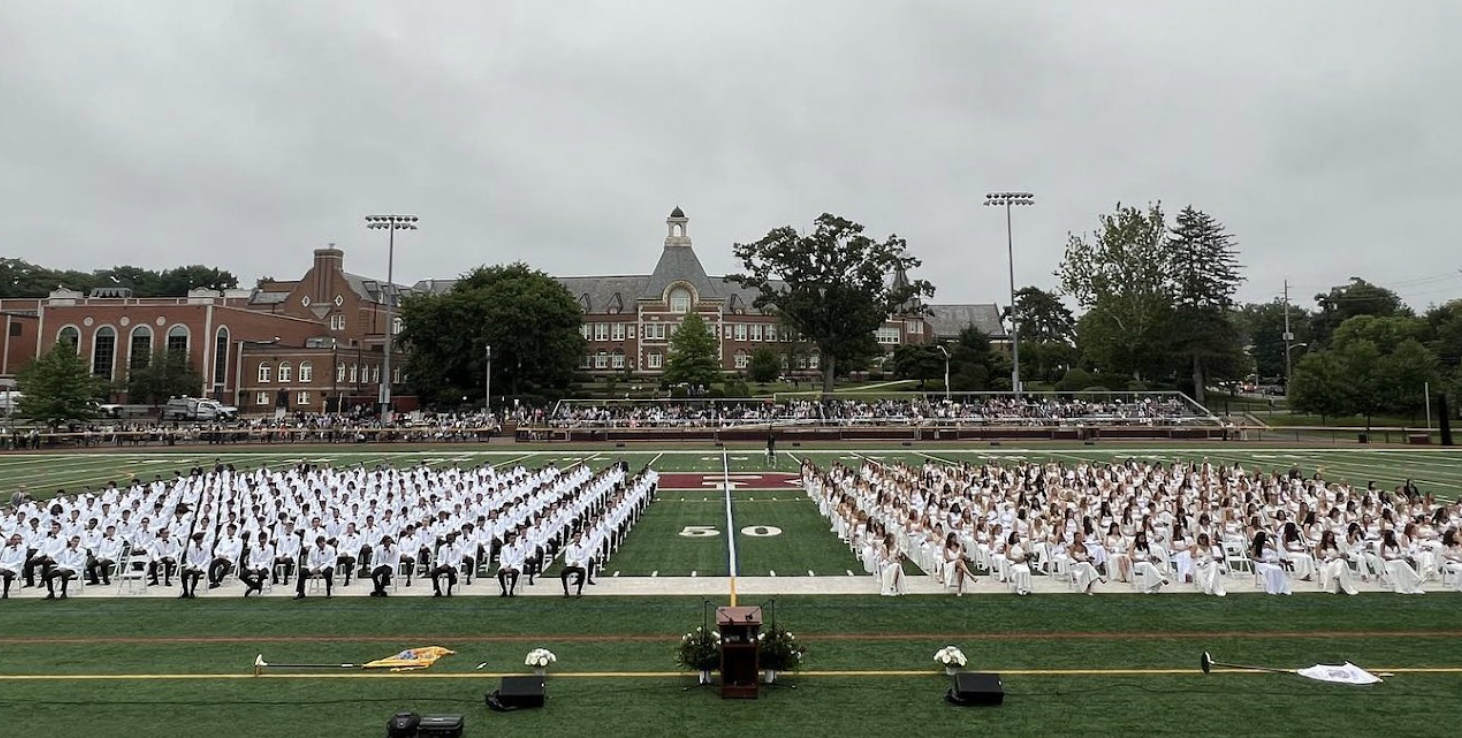After RHS Options
College Options
A "Good Fit" College
If a student is prepared for the rigor of post-secondary education, college may be a fit for your child! A "Good Fit" college includes setting, environment, supports, size, distance from home, transportation, and much more. Determine which supports, accommodations, and needs are most important for your child's success when researching schools.
Things to keep in mind:
Self Advocacy - for many of these schools and programs, it is on the student to attend appointments, seek additional assistance, and ask for what they need. There are different levels of support and different types of programs, but students are still treated as adults.
Visit and/or speak to someone in the Learning Disability Services Office before enrolling. Information helps to guide the process, but students need to know where to find their resources on campus.
According to the Department of Education:
"Section 504 requires recipients to provide to students with disabilities appropriate educational services designed to meet the individual needs of such students to the same extent as the needs of students without disabilities are met"
In college, an IEP turns into a 504. With proper documentation, colleges must provide reasonable accommodations, but they are generally not as extensive as they are in elementary, middle, and high school.
Without a specialized program or additional supports, colleges generally provide the following accommodations (depending on a students documentation):
Extended time on exams
Use of laptops for tests and exams
Use of calculators for tests and exams
Permission to make audio recordings of classes
Copy of notes
Access to audiobooks
Access of text-to-speech programs and other assistive technology
Some schools have strong supports through their Office of Disabilities and through a student's 504.
If your child requires more support, a 4 year college with fee based support programs or a college specifically for students with learning disabilities might be a better fit!
Note: Many colleges have wonderful Offices of Disability where students with IEP/504 can apply for accommodations. Please speak to your High School Counselor about colleges that have strong basic accommodations and supports if a fee based support program is not for you.
Transition
Transition planning is a long term, collaborative process that includes:
Establishing strengths and preferences
Exploring options
Creating measurable goals for life after graduation
Participating in activities or courses for skill development & preparation
Identifying and securing the appropriate support services
This site contains resources to help explore and prepare for options post graduation.
Additional Materials & Upcoming Events
Upcoming Events

The NJIHEC will be hosting a Transition Fair
May 28 from 530pm to 7:30pm.
Bergen Community College in the Tech building - Rm 128.
Please use the link to RSVP.DVRS Paid Internship
AVIDD Community Services of NJ is looking for student interns for the Pre-ETS Paid Internship Program!
This program enables in-school youth 14-21 years of age to participate in paid work experiences at an integrated community-based employer.
Students will be provided with 3 weeks of person-centered skills training classes on Pre-Employment Transition Services to learn Workplace Readiness Skills, Self-Advocacy Skills, as well as Job Exploration to ensure that the internship will result in a meaningful experience. After the 3-week classes, students will participate in a 150-hour paid internship with an employer. Following the internship students will participate in another 3 weeks of skills training review.
For more information, please contact Melissa Blanchard at973-664-1770 at Email Melissa Blanchard. 150 hours $18/hour. Summer Internships Available.


